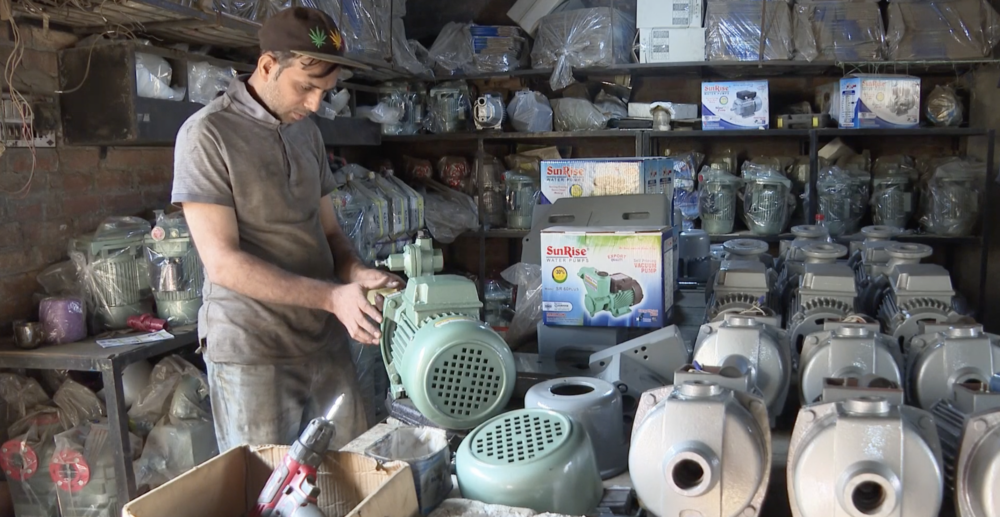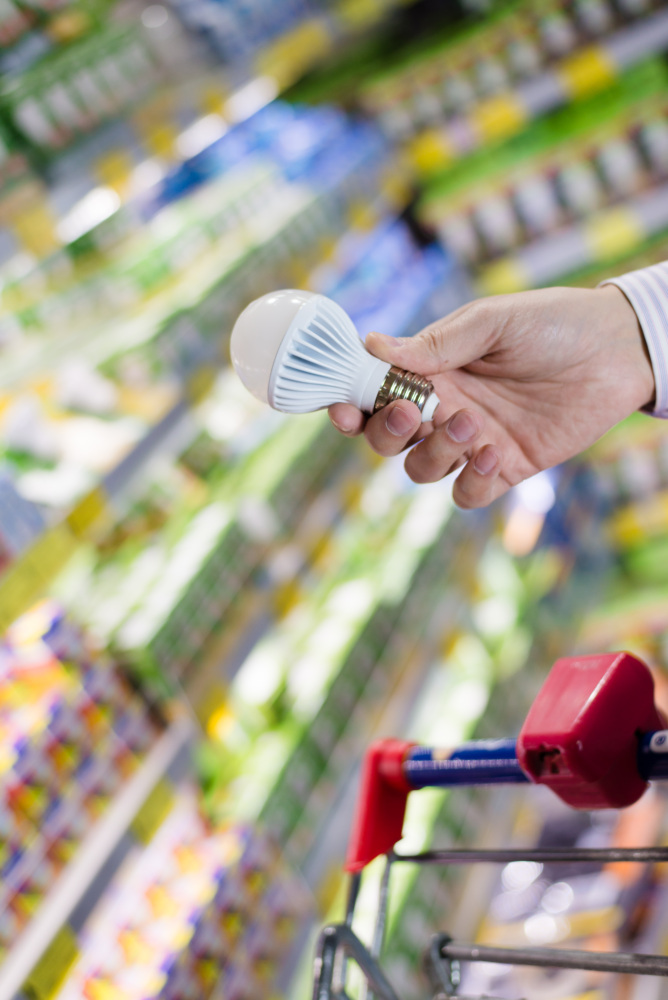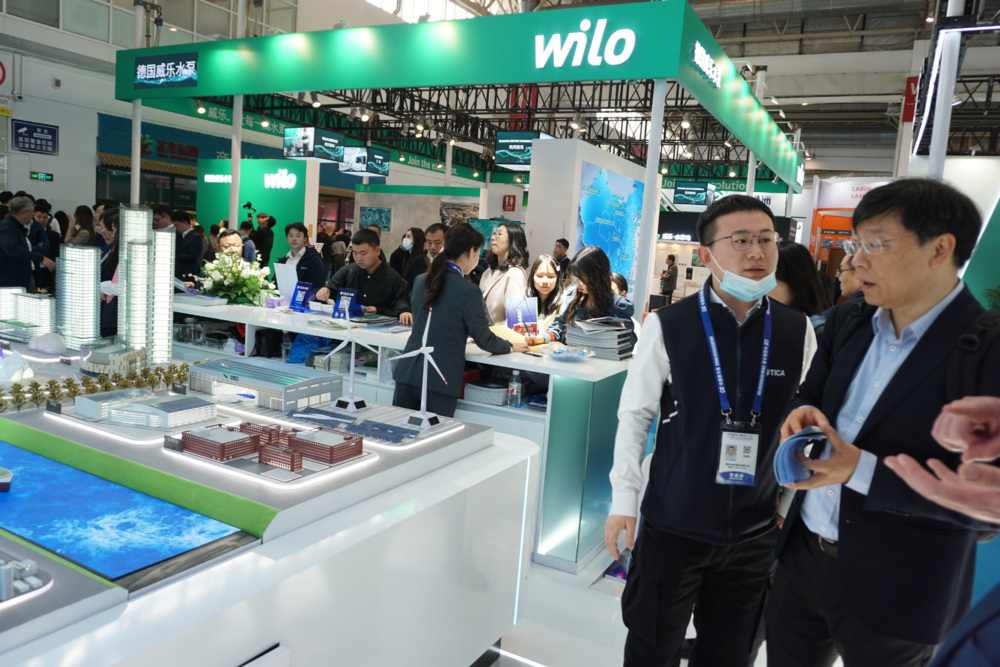Collaborating towards Net Zero in Indonesia
CLASP and the Indonesian government collaborate to bolster energy conservation efforts in the country by expanding Minimum Energy Performance Standards to achieve Net Zero Emissions by 2060.
Under a business-as-usual scenario, CLASP’s tool Mepsy found that Indonesia is anticipated to be the 7th largest contributor of greenhouse gas emissions globally from 2025 to 2040. However, taking note of this, the Indonesian government has adopted an ambitious stance by establishing rigorous targets aimed at curtailing these emissions. Collaborating closely with the Directorate General of New, Renewable Energy, and Energy Conservation (EBTKE), the governing body responsible for shaping the nation’s energy policies, CLASP has taken an active role in facilitating the government’s tangible efforts to propel energy efficiency advancements within Indonesia.
In line with this shared objective, CLASP and the EBTKE have recently formalized their commitment through the signing of a Memorandum of Understanding (MoU). The primary focus of this agreement is to bolster energy conservation initiatives and mitigate the adverse impacts of climate change. Through collaborative endeavors, both organizations intend to drive substantial progress towards a more sustainable and energy-efficient future for Indonesia.
The Indonesian government has committed to reducing 358 million tons of CO2 independently or 446 million tons of CO2 with international assistance by 2030. The collaboration between EBTKE and CLASP seeks to improve Indonesia’s energy conservation efforts, including policy analysis for MEPS and energy labeling of electrical appliances, outreach campaigns to promote energy efficiency, and the development of software and applications to support compliance with MEPS and Energy Labeling programs.
The partnership aims to drive energy efficiency and contribute to the reduction of greenhouse gas emissions, while supporting Indonesia’s goal of Net Zero Emissions (NZE) by 2060.
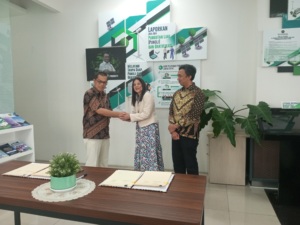
The MoU signing between EBTKE and CLASP was attended by high-level representatives, including the Secretary of the Directorate General for New Renewable Energy and Energy Conservation, Sahid Junaidi, S. Kom, M.M, the Director for Energy Conservation, Gigih Udi Atmo, S.T., M. EPM, Ph. D, and CLASP’s CEO, Christine Egan. The Director of Energy Conservation, expressed optimism about the collaboration, emphasizing that it will go beyond the existing five appliances and equipment currently covered by MEPS and Energy Labeling.
The EBTKE-CLASP partnership spans three years, during which they plan to collaborate with registered local non-government organizations to expand the reach of their energy conservation efforts.
CLASP CEO, Christine Egan noted, “CLASP has supported policy makers, not only in Indonesia but also in various countries that implement energy efficiency standards and labels for appliances and lighting. We hope to make a tangible contribution to climate mitigation and clean energy access”.
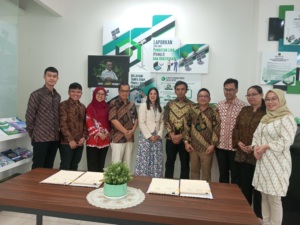
Nanik Rahmawati, CLASP’s Program Manager for Southeast Asia expressed gratitude for the opportunity to contribute towards promoting stringent MEPS and energy labels.
The collaboration’s ultimate objective is to achieve significant energy savings of approximately 1,739 TWh and avoid 1,513 MTCO2 over the next three years. By aligning their efforts, EBTKE and CLASP are determined to create a more sustainable and energy-efficient future for Indonesia.
Related links:

